67+ SAMPLE Consulting Proposals
-
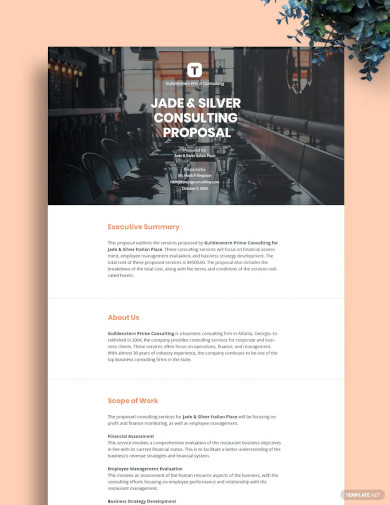
Restaurant Consulting Proposal Template
download now -
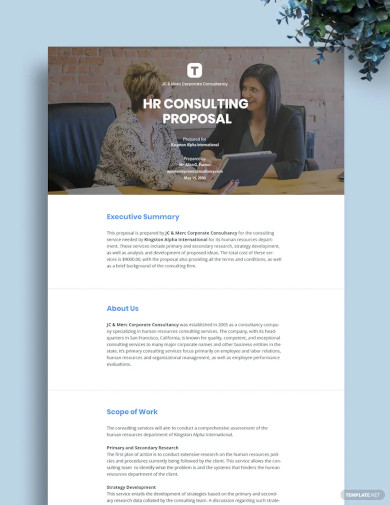
HR Consulting Proposal Template
download now -
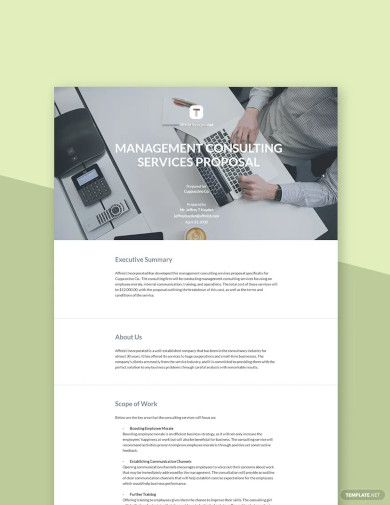
Simple Consulting Proposal Template
download now -
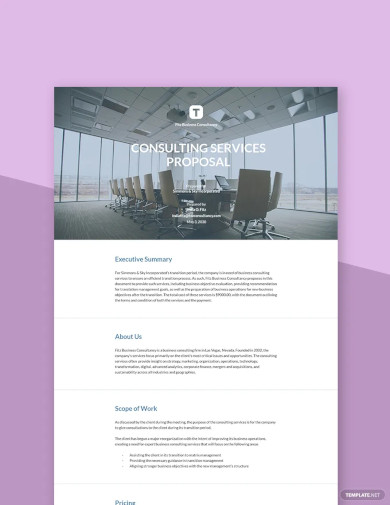
Consulting Proposal Template
download now -
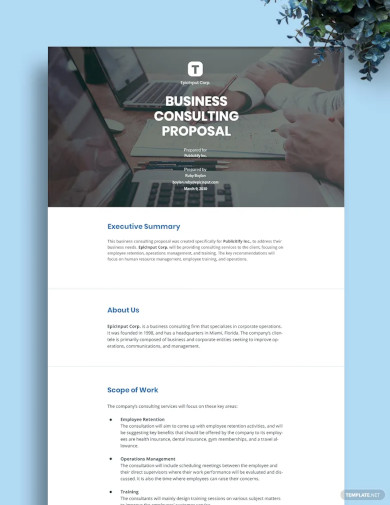
Business Consulting Proposal Template
download now -
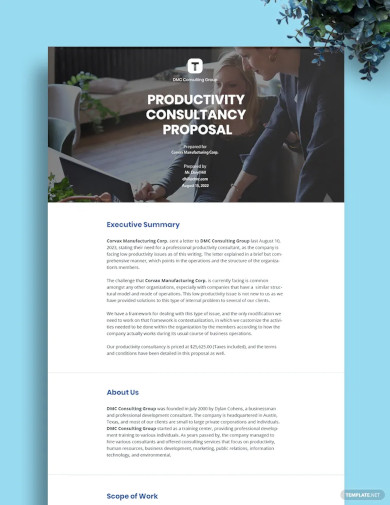
Sample Consulting Proposal Template
download now -
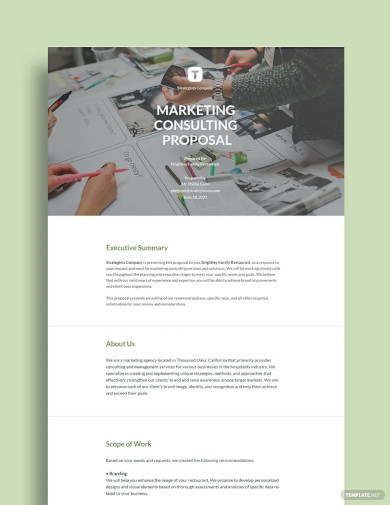
Marketing Consulting Proposal Template
download now -
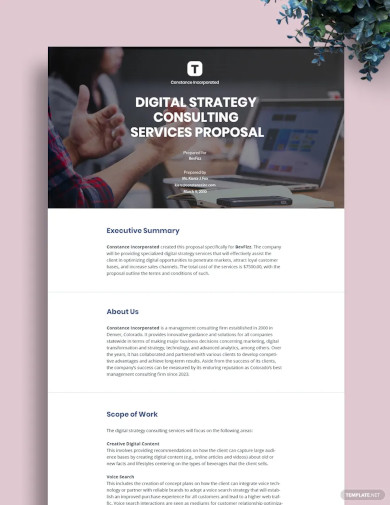
Strategy Consulting Proposal Template
download now -
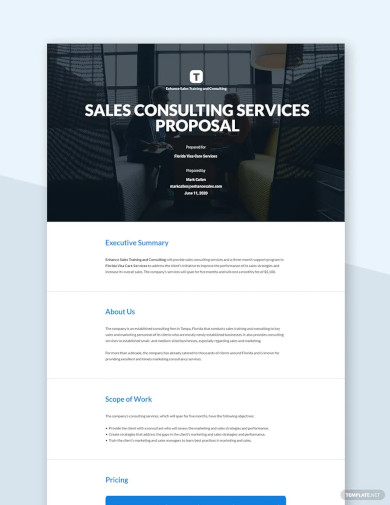
Sales Consulting Proposal Template
download now -
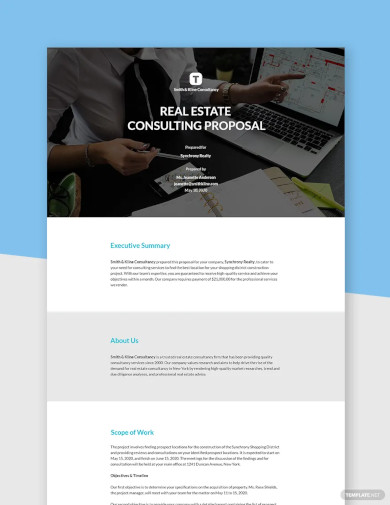
Real Estate Consulting Proposal Template
download now -
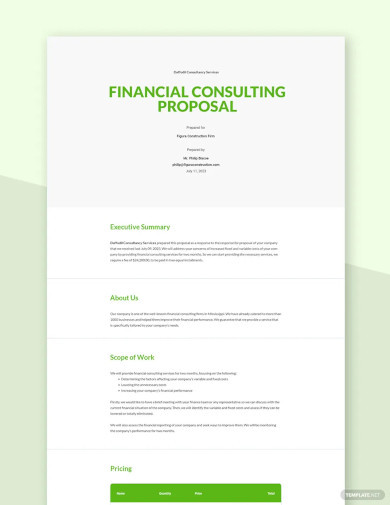
Financial Consulting Proposal Template
download now -
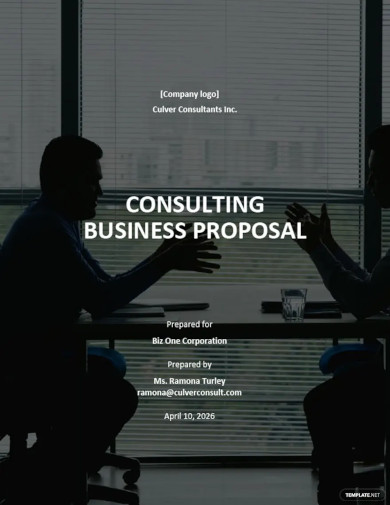
Consulting Business Proposal Template
download now -
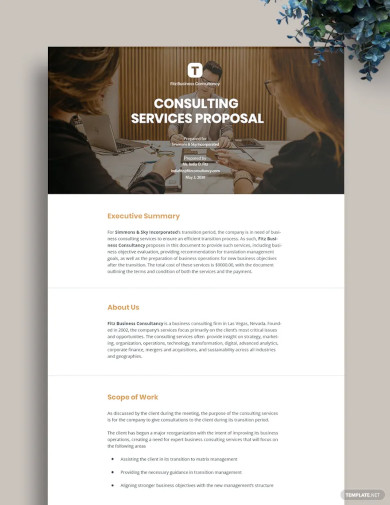
Consulting Services Proposal Template
download now -
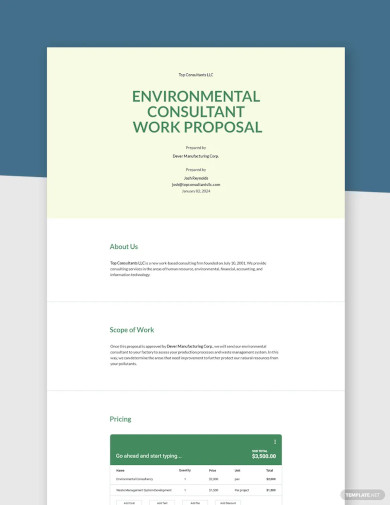
Consulting Work Proposal Template
download now -
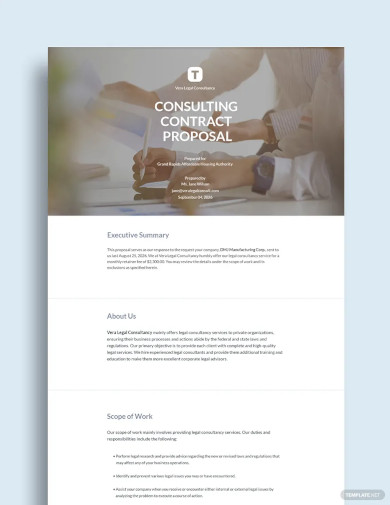
Consulting Contract Proposal Template
download now -
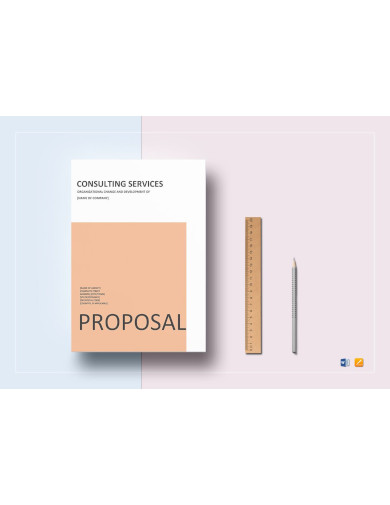
General Consulting Proposal Template
download now -
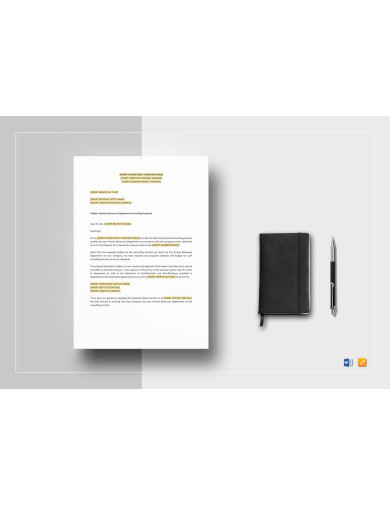
Simple HR Consulting Proposal Template
download now -
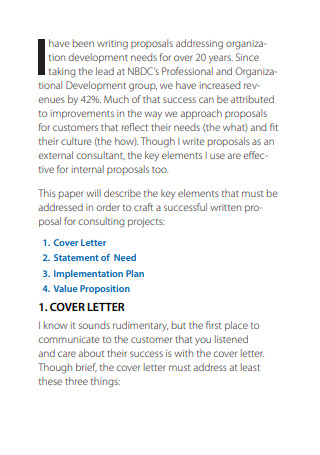
Management Consulting Proposal
download now -
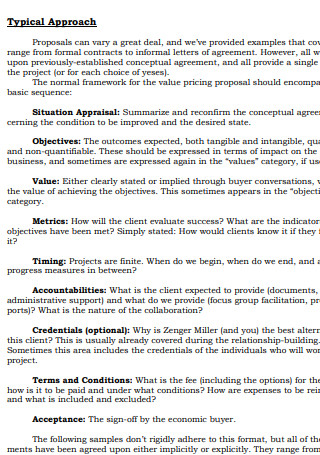
Sample Consulting Agreement Proposal
download now -
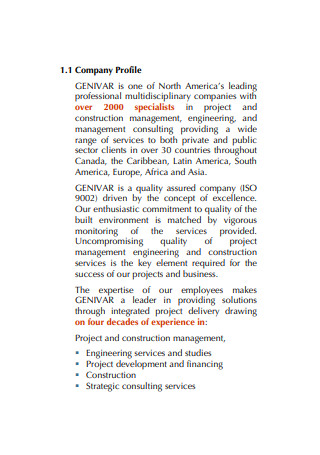
Consultancy Technical Services Proposal
download now -
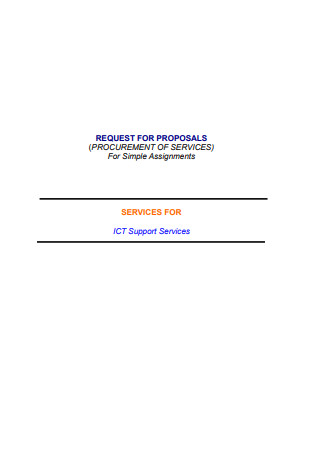
Request for Proposal for Restaurant Consulting Services
download now -
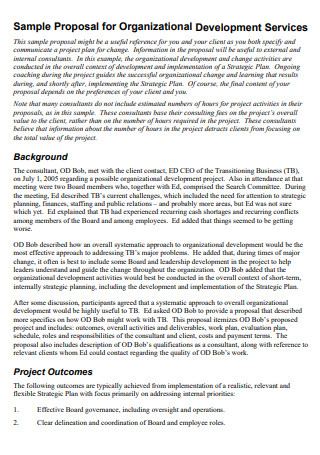
Sample Proposal for Organizational Development
download now -
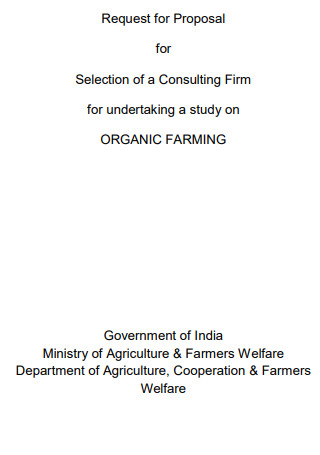
Request for Proposal for Consulting Firm
download now -
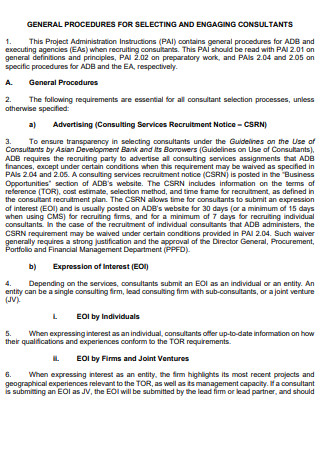
One Page Consulting Proposal Guide
download now -
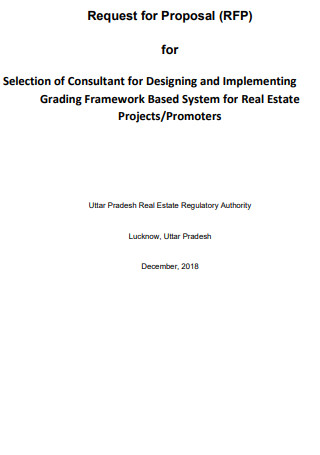
One Pager Request for Proposal
download now -
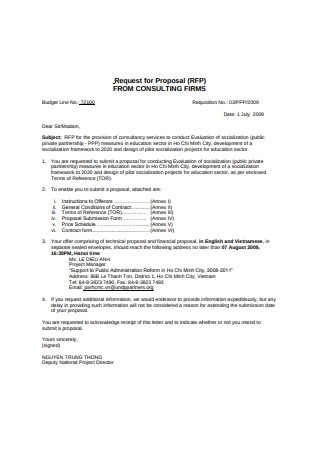
Request for Proposal From Consulting Firm
download now -
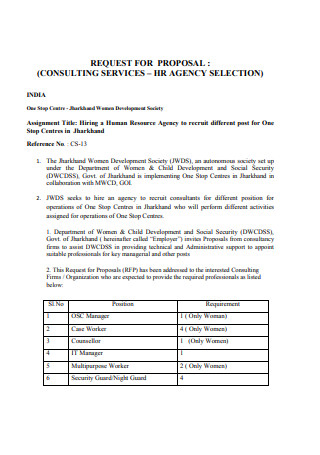
Business Agency Consulting Proposal
download now -
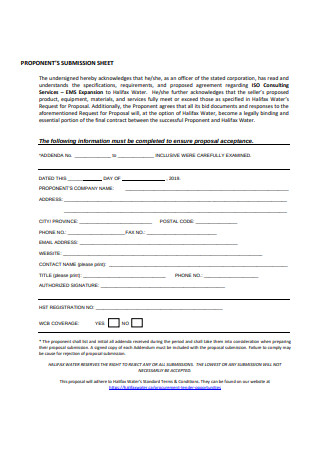
Chef Consulting Proposal Sheet
download now -

Sample Consulting Quotation Proposal Template
download now -
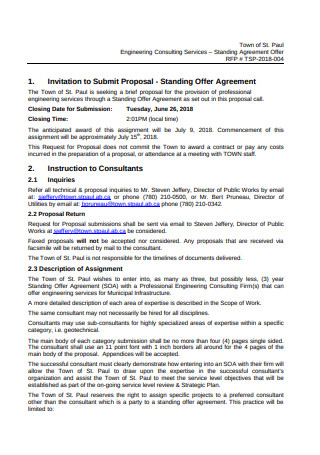
Engineering Consulting Services Proposal
download now -
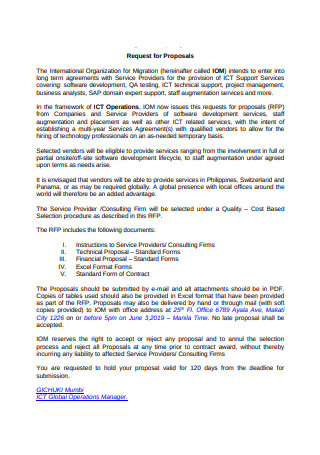
Staff Consulting Proposal
download now -
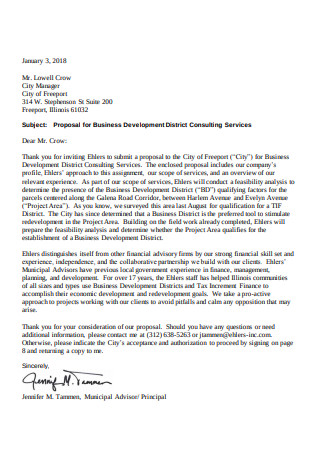
Proposal for Business Development
download now -

Consulting Contract Proposal
download now -
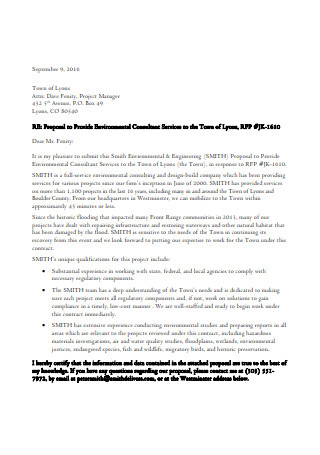
Proposal to Provide Environmental
download now -
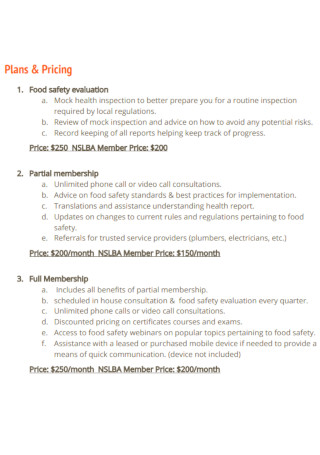
Food Safety Consulting Proposal
download now -
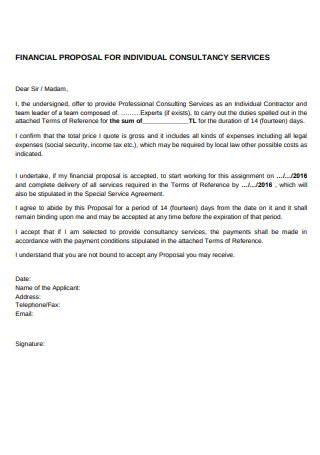
Financial Proposal for Individual Consultancy
download now -
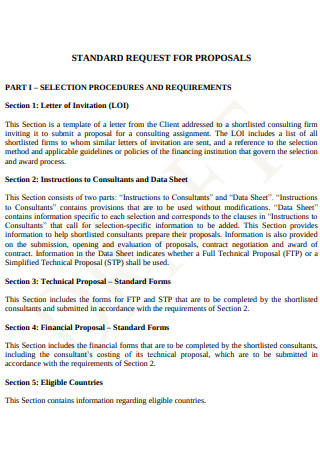
Standard Consulting Proposal
download now -
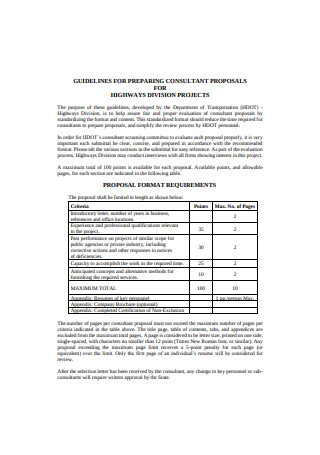
Sample Consulting Proposal Template
download now -
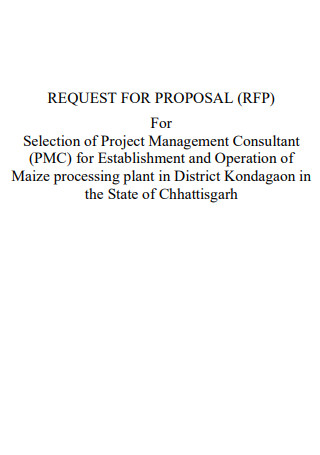
Project Consulting Proposal
download now -
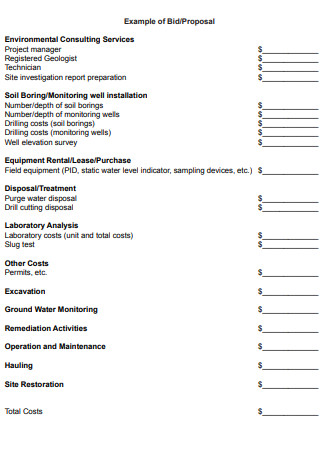
Example of Bid/Proposal
download now -
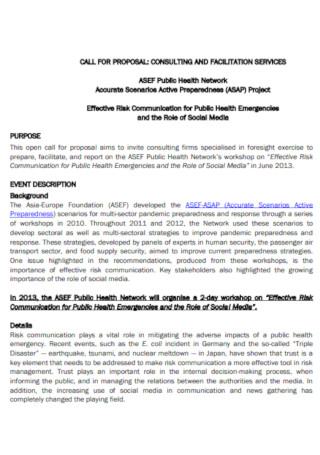
Sample Consulting Call for Proposal
download now -
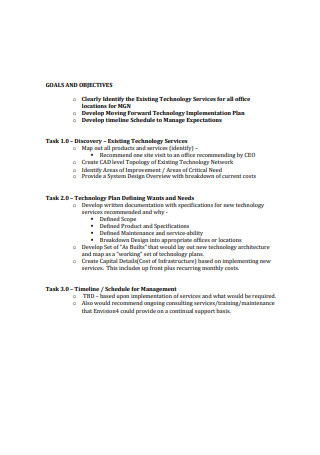
Technology Consulting Services Proposal
download now -
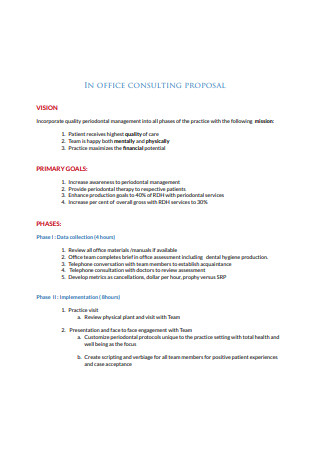
Office Consulting Service Proposal
download now -
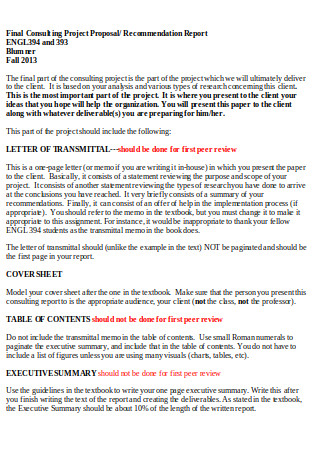
Consulting Project Proposal
download now -
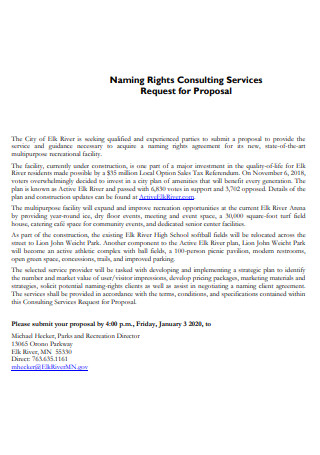
Naming Rights Consulting Services Proposal
download now -
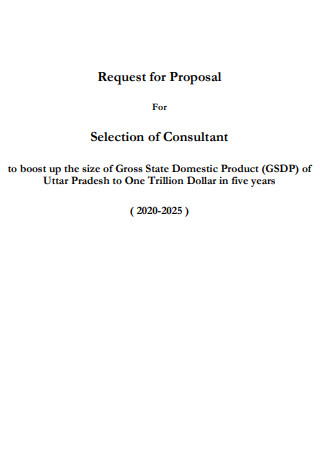
Request for Proposal For Selection of Consultant
download now -
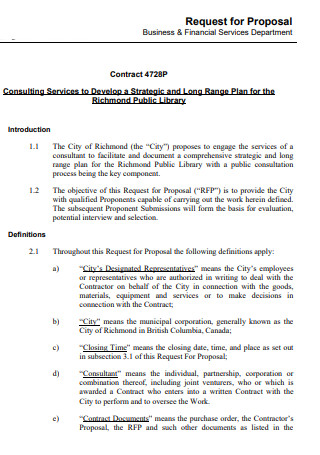
Simple Request for Proposal
download now -
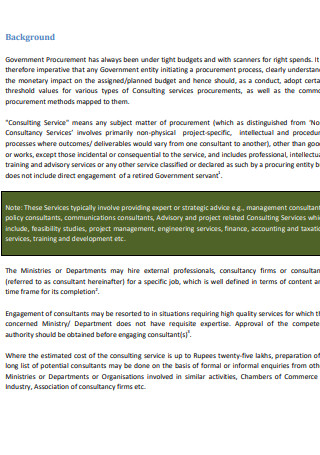
Consulting Services Proposal Sample
download now -
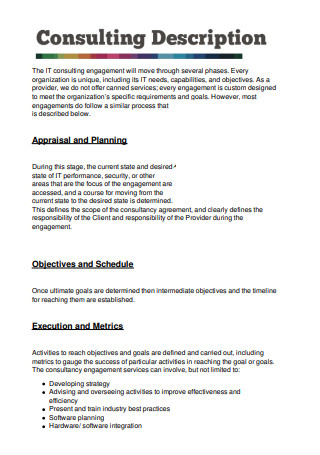
IT Consulting Proposal Sample
download now -
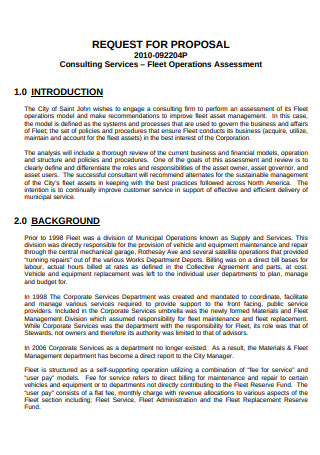
Consulting Assessment Proposal Template
download now -
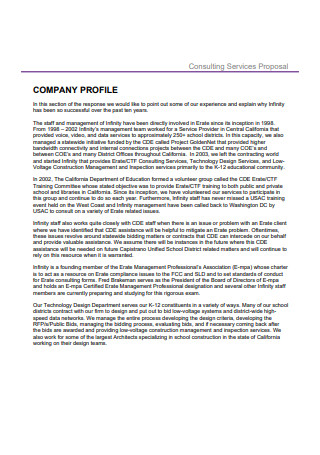
Company Consulting Proposal
download now -
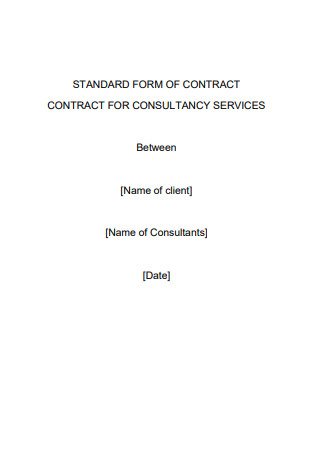
Standard Form of Contract Proposal
download now -
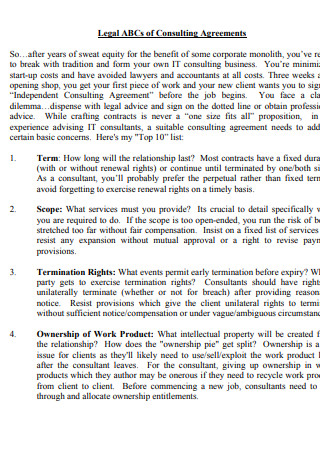
Consultant Contracts Proposal
download now -
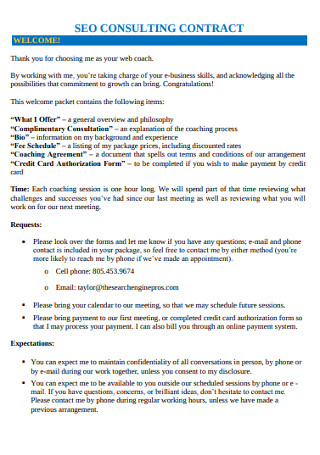
SEO Consulting Contract Proposal
download now -
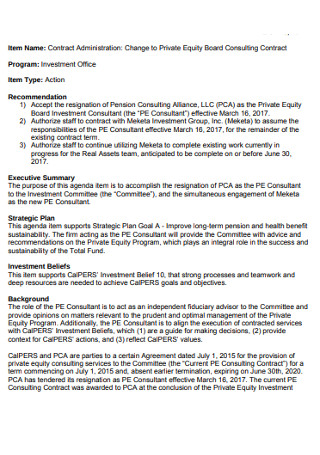
Consulting Administration Contract
download now -
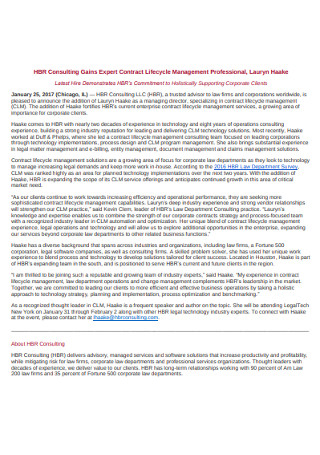
Consulting Management Proposal
download now -
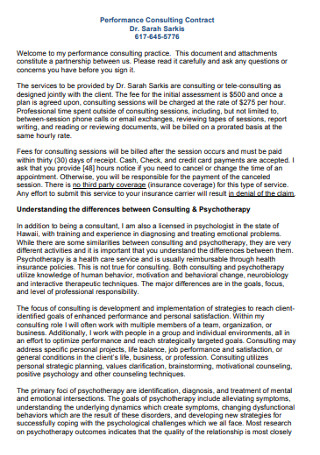
Performance Consulting Contract
download now -
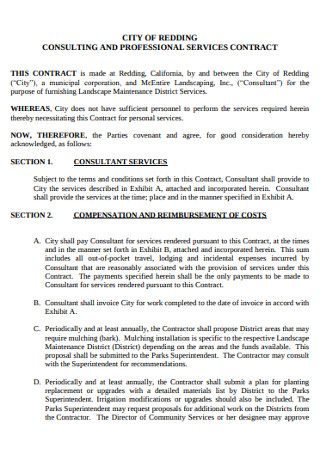
Consulting and Professional Services Proposal
download now -
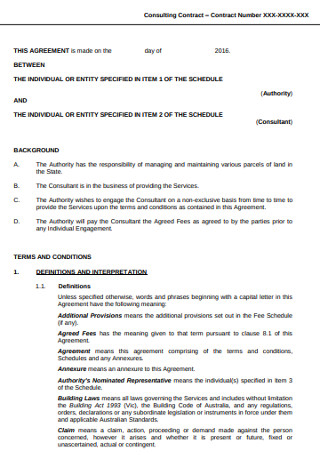
Sample Consulting Contract Proposal
download now -
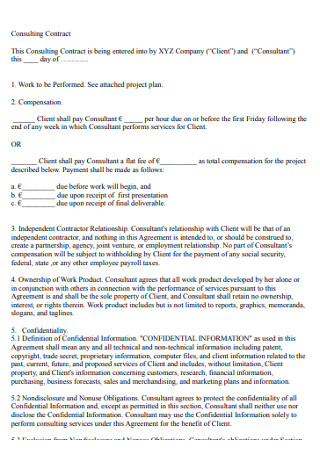
Professional Consulting Contract
download now -
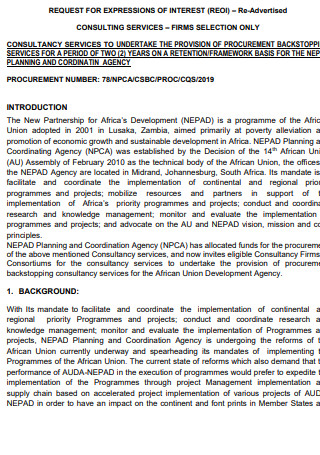
Consulting Services Proposal
download now -
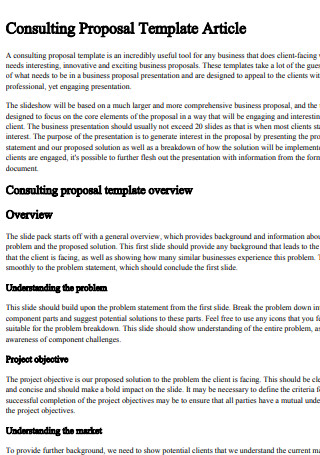
Consulting Proposal Template Article
download now -
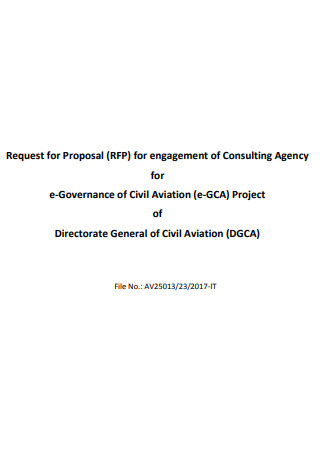
Request for Proposal Engagement of Consulting
download now -
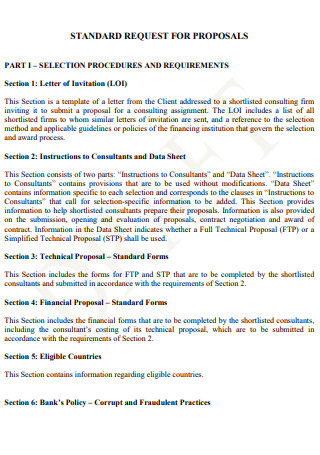
Standard Request for Proposal
download now -
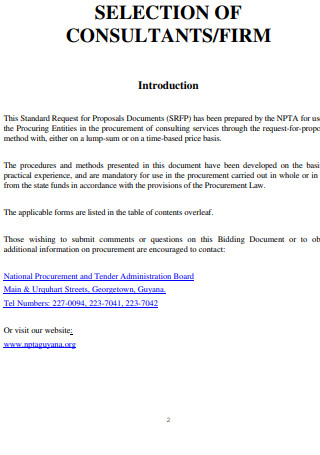
Standard Request for Proposal Template
download now -
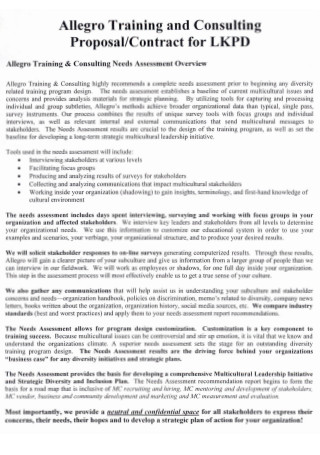
Training and Consulting Proposal
download now -
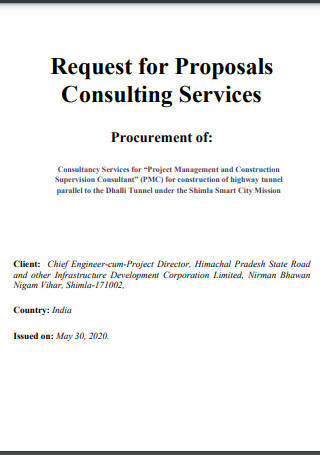
Request for Proposals Consulting Services
download now
FREE Consulting Proposal s to Download
67+ SAMPLE Consulting Proposals
What Is a Consulting Proposal?
Benefits of a Consulting Proposal
Tips Before Writing a Consulting Proposal
How to Write a Consulting Proposal
FAQs
Is it worthwhile to hire a consultant?
How long do you think you’ll be able to work as a consultant?
What are the different types of consulting methodologies?
Writing proposals to various organizations within your area is something that every consultant, whether in the medical sector, marketing field, academic field, or any other field, should be perfect at. Consultant proposals are one of the most powerful platforms for promoting their talents, ideas, and how they tend to meet the organization’s smart goals in realizing a specific thing. Before submitting a proposal, a consultant should have obtained sufficient information about the business, which will allow the consultant to understand what the organization requires.
What Is a Consulting Proposal?
A consulting proposal is a sales document that is submitted to a potential client. It describes how the consultant would approach a particular project. Also, it is a marketing document that explains why the consultant’s expertise and talents qualify them for the position. After being informed of project requirements by a prospective client, a consultant may present a proposal. It’s also possible that the application responds to a formal Request for Proposals (RFP).
The proposal should be compelling, physically appealing, and tailored to the client’s specific requirements. According to statistics, people are the primary source of research, analysis, suggestions, process definition, process management, and facilitation in most consulting services. Surprisingly, the sector continues to thrive despite these fundamental problems, all of which are detrimental to clients’ best interests. The management consulting business, for example, grew at a pace of 4.1% last year.
Benefits of a Consulting Proposal
Because it requires a lot of brainstorming and computations, writing proposals may be exhausting and time-consuming. However, proposals are highly significant in the consulting sector because they showcase their abilities, recognize an organization’s challenges, and suggest solutions. As a consultant, you may not be able to move further without ideas because proposals only take you one step forward. Although proposal consulting offers some advantages, it also has some drawbacks. Most companies or organizations enjoy contacting consultants for consulting guidance, which is one of the critical challenges a consultant faces throughout proposal consulting. After receiving offers, some companies decide not to hire a consultant.
Because the consultant gave away free advice, it would be a loss at the end of the consultation. As a result, while preparing proposals, consultants should avoid disclosing all of the information about how a problem can be fixed. Organizations would not acquire facts about the solutions to these problems using this strategy. In such cases, the corporations or organizations have little choice but to pay fees to obtain a complete and accurate image of the consultant’s services. With this, here are some of the benefits of consulting proposals.
Tips Before Writing a Consulting Proposal
The consulting proposal is delivered near the end of the client acquisition process. Before you pull out your consulting proposal template, follow these steps to convert a potential client into a new client successfully.
Meet them first.
Before you even consider submitting a proposal, you should make every effort to contact your prospector; even better, meet with them in person. Timing is critical. Send a consulting proposal only after an initial phone call or meeting with the prospect went well. If someone asks you to present proposals without speaking with you, your chances of impressing them are slim. While a consulting proposal is an effective tool for attracting clients, it is not the only or first one you should use.
Figure out exactly what your customer’s goals and needs.
It would be beneficial if you were aware of your prospect’s true motivations. It would be preferable if you went deeper into the project’s motivation. Make a list of your notes so you may return to your client’s problem and desires later in the proposal. This shows that you listened to what they had to say and comprehended what was needed for the project. This could also help you take advantage of the chameleon effect, a psychological phenomenon in which one person imitates another to gain empathy. It happens in social situations when people are trying to make friends, and it’s also why some people pick up the dialects of the places they visit or live in.
Find the most specific value proposition.
Take some time to grow your unique value if you haven’t already. The ideal proposal will include a specific, measurable, and actionable value proposition. Avoid stuffing your proposals with accolades and fluffy jargon that exaggerates the importance of your work. Finally, the client wants to know what you’re going to do for them.
Examine the project’s scope and timeline, as well as the value.
Expectations that are clearly stated will help you build a productive client relationship and avoid project scope creep. It will also assist you in providing precise estimations for your consulting rates. By first delivering a questionnaire that gives an overview of your potential client’s needs, you can acquire a proper grasp of the scope of a project. After you’ve got a general idea of what the project comprises, make sure you schedule a phone call to get a more detailed knowledge of what’s required and expected.
Allow yourself to make mistakes.
When evaluating scope and timeframe, you’re bound to make mistakes if you’re new to consulting or freelancing. This is an unavoidable aspect of the consulting learning curve. As you gain expertise with your project reps, you’ll be able to estimate how long the work will take you correctly. It will get faster and more accurate as you produce more proposals and collect more data about your transition plan. Allow yourself to make mistakes; you’ll rapidly learn from them.
How to Write a Consulting Proposal
Making sure your consulting proposal has a clear, logical framework that fits your potential client’s company goals is crucial. This is true whether you’re crafting a proposal from scratch or utilizing a template. Because CEOs and business executives are usually busy, your project proposal must be precise enough to allow them to quickly determine whether or not what you’re suggesting is something their company genuinely requires. Here are some ways in creating a winning consulting proposal:
Step 1 Communicate with your client face to face or over the phone.
You can’t develop an excellent consulting proposal without first talking to your potential customer. Make every effort to schedule a phone call for this discussion; if possible, meet in person. While email meeting is sufficient for getting to know your customer and their consulting needs, allowing them to see and hear your face and voice can help you create trust.
Step 2 Recognize their difficulties and requirements.
The more you know about your potential client’s problems and pain areas, the more powerful your proposal will be. While a consulting proposal template might assist you in getting the work done, the information in your proposals should be customized to each customer and their demands. Don’t be afraid to call or visit with your client again to get a deeper understanding of what they require from you.
Step 3 Inquire about the specifics.
A successful company proposal accurately reflects the project’s scope and details to ensure that both parties are on the same page. Don’t forget to inquire about your client’s ideal timeline, monthly budget, expectations, and outcomes. These details are critical for selling your services to a prospective client and providing your client with a better understanding of how you two will work together.
Step 4 Concentrate on customer outcomes rather than consultant input.
While it’s easy to emphasize your credentials and experience, your consulting proposal should be about your customer’s benefits from working with you. Provide as much detail as possible regarding the value and results your client can expect. Also, stay away from buzzwords and jargon. Try to utilize the exact terms they used in your meetings; this will ring true with them and demonstrate that you were paying attention.
Step 5 Keep it brief and ask for comments.
When it comes to consulting proposals, quality always takes precedence over quantity. Keep your proposal as brief as possible to effectively represent the project scope and requirements. Keep your proposal short and appealing rather than providing your client a cause to put it down and look at another consultant. A consultation proposal is a two-way document, which means both parties should contribute to its content. As you construct your proposal, clarify any questions or concerns you have with your potential client. When you’re finished, please submit it to your client for review and feedback.
Step 6 Keep your value proposition at the forefront of your mind.
Hiring a consultant isn’t cheap, and you want your customer to know that they’re investing in you because you’ll get the results. You don’t have to include a section named “Value Proposition” as well. Instead, emphasize how you’ll be raising X metric, lowering Y negative outcome, or driving Z results for their company at every turn.
FAQs
Is it worthwhile to hire a consultant?
Good consultants are costly, but they are well worth the investment provided you do your part. Hiring a business consultant is expensive enough as it is, so don’t make the mistake of hiring the wrong one. There will come a moment when you and your company will require outside consulting and assistance.
How long do you think you’ll be able to work as a consultant?
As a result, most management consultants work between 50 and 80 hours per week to meet job requirements, earning consulting a reputation for its difficult work-life balance. Numerous studies conducted globally over the years have confirmed the long hours worked by consultants.
What are the different types of consulting methodologies?
The system, process, and overall strategy you employ to develop solutions to your client’s challenges are your consulting methodology. Consulting methodologies are a set of information and analysis that has been professionally designed. A methodology is defined as a set of tasks executed in a logical order.
Writing an excellent consulting proposal is generally seen as a time-consuming and challenging task. On the other hand, a well-written proposal is one of the most acceptable methods to gain new clients for your company if done right. In addition to a successful bid, having a beautiful, user-friendly website is essential for success in the consulting industry. Some apps can help you build a stunning, responsive website for your consulting firm. They create your website using AI technology while customizing their staff of professional web designers handles it. In the end, you’ll have a website that firmly establishes your company’s online presence and makes a solid first impression on website visitors. Furthermore, most of them provide various web solutions to establish a solid online presence that engages customers and helps improve the customer service experience.
